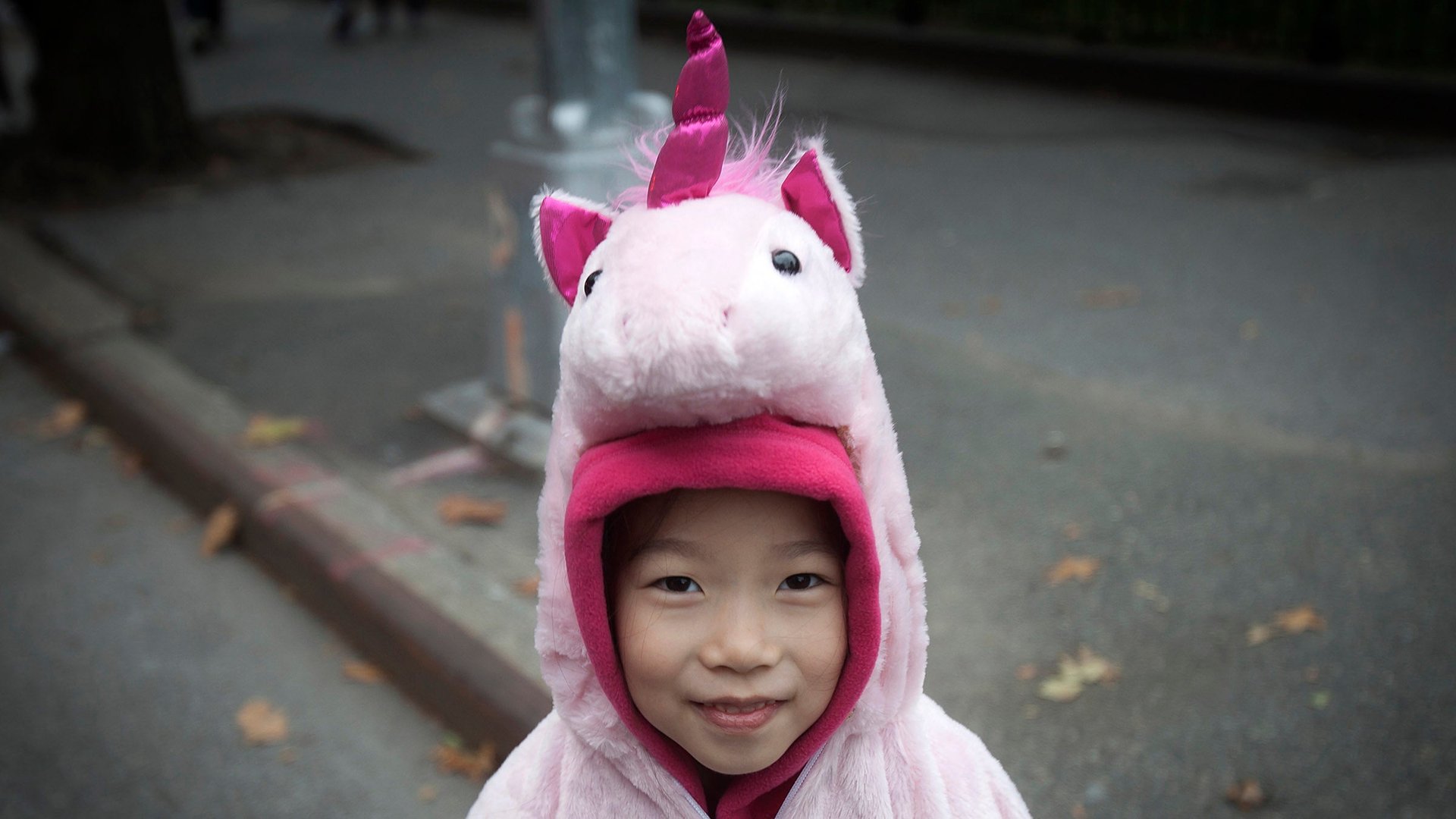If you want to create a Chinese “unicorn,” get into e-commerce
Unicorns—also known as privately held, venture-backed companies with a valuation of $1 billion or more—used to belong solely to the realm of fantasy. Today, there are over 100 such companies worldwide, according to CB Insights, which records venture capital and angel investments.


Unicorns—also known as privately held, venture-backed companies with a valuation of $1 billion or more—used to belong solely to the realm of fantasy. Today, there are over 100 such companies worldwide, according to CB Insights, which records venture capital and angel investments.
China is home to 11 unicorns, second only to the US—which has almost double the number of unicorns than the rest of the world combined. One thing about Chinese unicorns stands out; eight of the 11 are in e-commerce, mobile commerce, or both:

That points to a lot of confidence in the idea that goods and services in China will increasingly be purchased online. In the US, by comparison, only 11 of the country’s 64 unicorns are in mobile or e-commerce.
E-commerce is so all-encompassing, it seems, that even those Chinese unicorns not primarily active in the sector don’t stray far from it. The ”telecom devices” company in the chart above is Xiaomi, a smartphone maker that succeeded in delivering low cost phones by selling them almost exclusively online, and by some measures is the third-largest e-commerce vendor in the country. Trendy Group International, the “clothing and accessories” unicorn, owns a range of high street fashion brands, one of which earned 64.9 million yuan ($10.5 million) in Alibaba’s online Taobao and Tmall stores in July 2014 alone.
The sole Chinese unicorn without a prominent e-commerce link is DJI, a drone maker that is popular among photography and video enthusiasts.